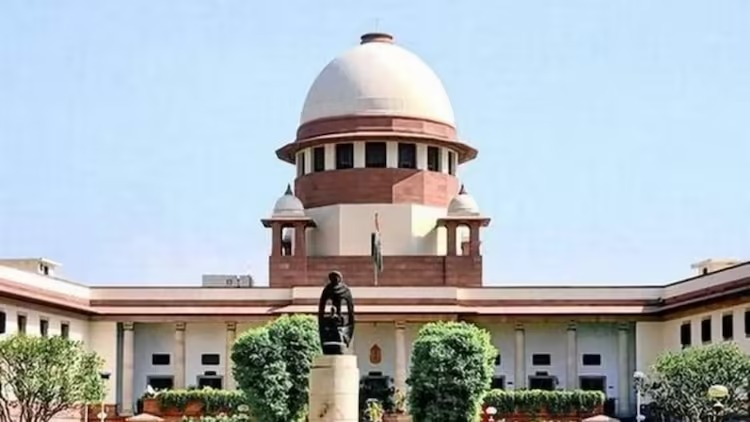
New Delhi : Supreme Court on reservation: The Supreme Court has made an important decision today and approved the quota within the quota. A bench of 7 judges of the Supreme Court said that now, sub-classification of Scheduled Castes, providing separate quotas for more backward people within Scheduled Caste categories, will be acceptable.The court said that now the state government can create sub-categories among the backward people (Supreme Court on SC ST Reservation) to benefit the more needy.
100% reservation not approved
The Supreme Court also clarified in the order that while allowing sub-classification, the state cannot fix 100 percent reservation for any sub-category. Also, the state will have to justify the sub-classification based on empirical data regarding inadequate representation of the sub-category.
What else did the CJI say?
- CJI DY Chandrachud said there are 6 opinions. Justice Bela Trivedi has dissented. CJI said that most of us have rejected the decision of EV Chinnaiya and we believe that sub-classification is acceptable.
- A 7-judge Bench of the Supreme Court by a 6:1 majority held that sub-classification of reserved categories i.e. SC/ST is acceptable.
- The CJI, in his judgment, cited historical evidence to hold that the Scheduled Castes were not a homogenous class. Sub-classification does not violate the principle of equality under Article 14 of the Constitution, nor does it violate Article 341(2) of the Constitution. He said nothing in Articles 15 and 16 prevents the state from sub-classifying a caste.
Justice Gavai expressed disagreement.
Justice BR Gavai said that there are categories within SC/ST that have faced oppression for centuries. Justice B.R. Gavai said that the state should formulate a policy to identify the creamy layer in the SC/ST category and exclude them from the purview of positive reservation. Justice Bela M. Trivedi said in a dissenting judgment that she disagreed with the majority decision. In a dissenting judgment, Justice Trivedi said that in the absence of executive or legislative power, the States had no competence to sub-classify castes.
2004 decision set aside
The CJI said that the struggle of the people of the class does not end with their representation, even at the lowest level. The CJI said that the 2004 decision in Chinnaiya that sub-classification of scheduled classes is unacceptable is overruled.
--Advertisement--

 Priya
Priya Share
Share



